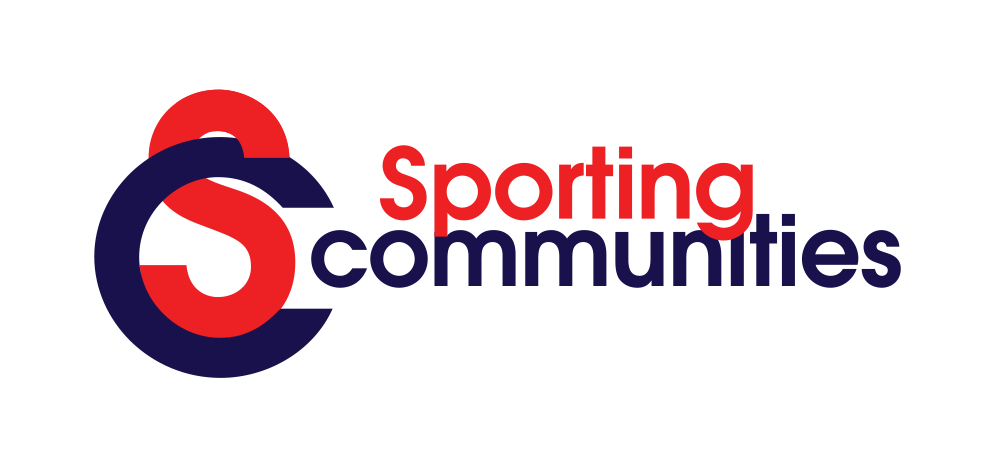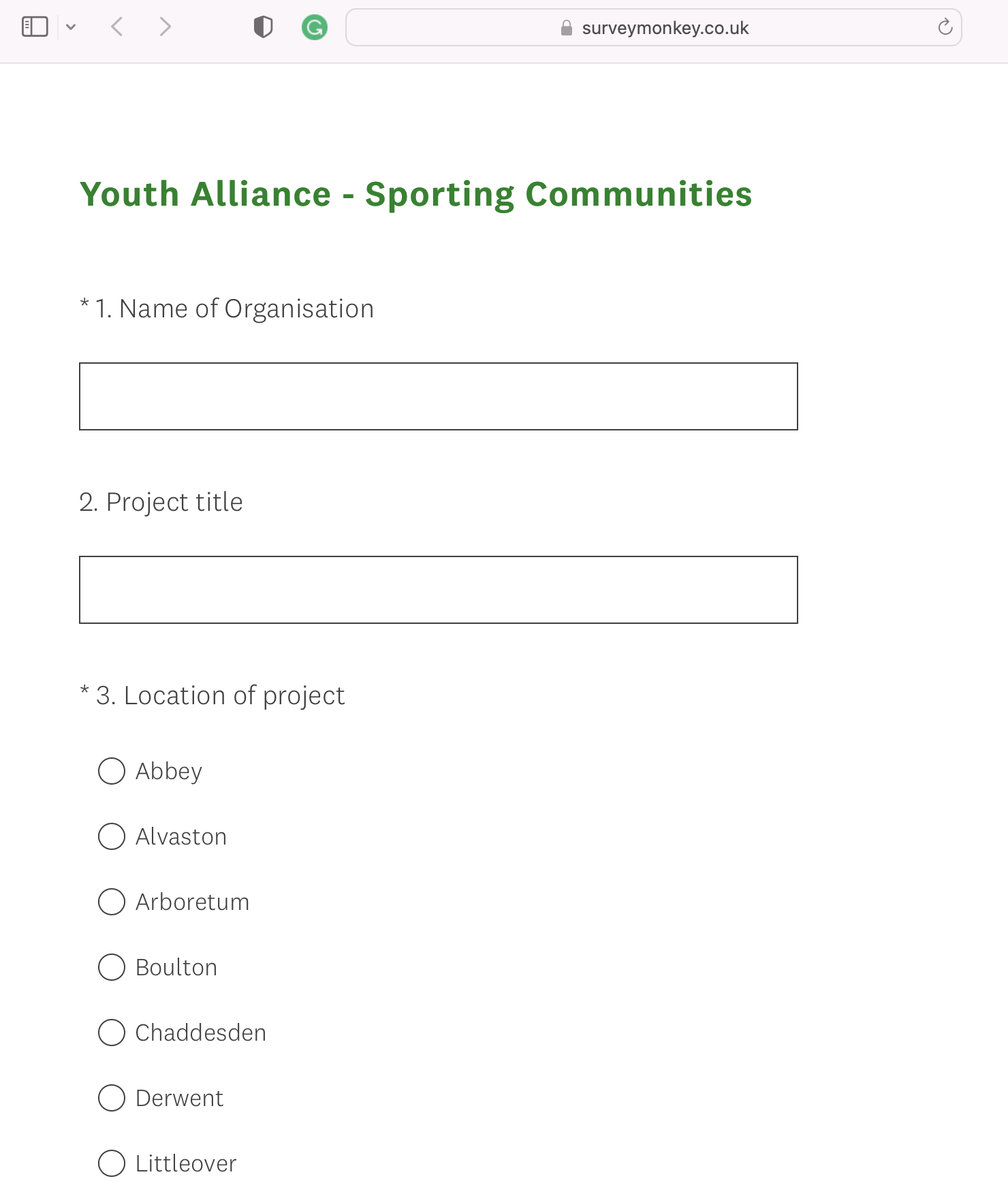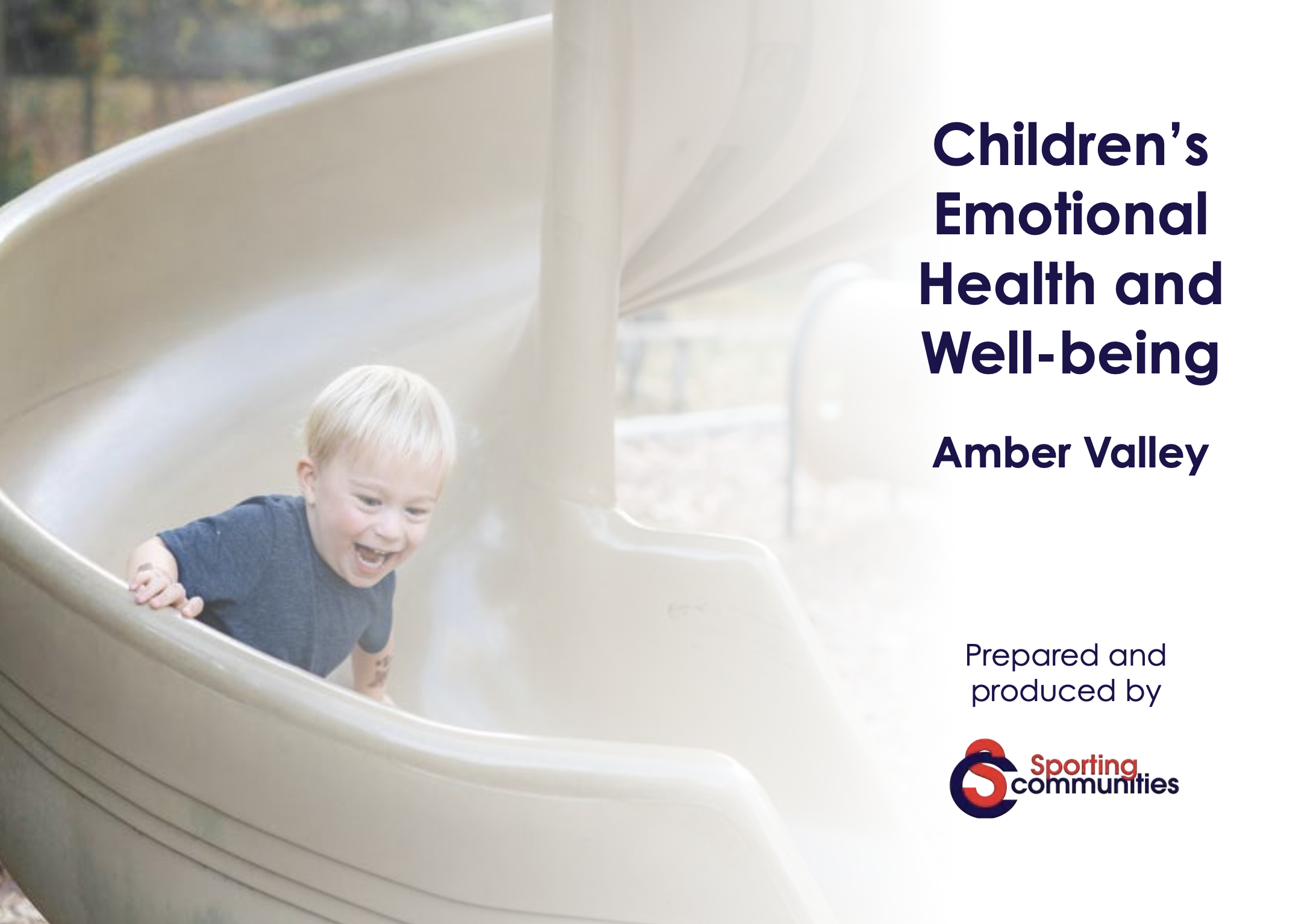Research &
Evaluation
“Research is creating new knowledge.” Neil Armstrong
Our team of Research and Evaluation experts
specialise in helping you to understand your impact
and demonstrating that to others.
Research
If you are looking to gather insight, or identify trends, our Researchers can collect, compare and interpret information, helping you to gain the information you need.
They will then present it in a clear, engaging, accessible manner.
Findings can also be adapted to different target audiences.
TYPES OF RESEARCH
Qualitative Research
Qualitative research involves exploring and understanding the underlying meanings, experiences, and perspectives of individuals or groups. This type of research focuses on the richness and complexity of human behavior and aims to provide in-depth insights into various phenomena, or subject topics.
Data may be collected through
-
Focus groups
-
Surveys
-
Workshops
-
Observations
-
Interviews
- Fieldwork
Field Research
This includes understanding and interpreting the social interactions of groups of people, communities, and target groups by observing and interacting with people in their natural settings.
Action Research
Action Research simultaniously investigates and puts in place recommendations to resolve issues; examining actions, assessing their effectiveness in bringing about the desired outcome and choosing a course of action based on those results.
Ethnographic Research
Ethnographic research explores the social interaction and nuances of individuals in a particular environment. This research provides an in-depth insight into people’s views and actions, understanding how they see and interact with the world around them.
Participatory Research
Participatory research involves active involvement of participants in the research process. Participants contribute their expertise, insights, and perspectives, helping shape the research design and outcomes.
Case Studies
Case studies involve an in-depth examination of a single individual, group, organization, or event. They provide a comprehensive understanding of complex phenomena and can involve various data sources.
Quantitative Research
Quantitative research focuses on collecting and analyzing numerical data to understand and explain patterns, relationships, and trends within a specific phenomenon or target group. This type of research aims to uncover objective and measurable insights by using structured methods, statistical analysis, and mathematical models.
Survey Research
The collection, analysis and interpretation of data.
Surveys may be conducted
- Digitally
- By phone
- In person
Descriptive Research
Descriptive research is useful when not much is known yet about the topic or problem. Before you explore why something happens, you need to understand how, when, and where it happens.
It identifies data such as characteristics, frequencies, trends, and categories.
Mixed Methods Research
Mixed methods research is an approach that combines both quantitative and qualitative research methods in a single study or research project. This approach aims to leverage the strengths of both quantitative and qualitative methods to provide a more comprehensive and well-rounded understanding of a research problem. By integrating these two types of methods, researchers can gain deeper insights, validate findings, and enhance the overall quality of their research.
EVALUATION
Evaluation can take various forms depending on the context, purpose, and subject being assessed. Our Evaluators can conduct a systematic, independent assessment of your project and determine its relevance, providing learning and recommendations to increase effectiveness and sustainability.
They will then present it in a clear, engaging, accessible manner.
Reports can also be adapted to different target audiences.
Formative Evaluation
This evaluation occurs during the development or implementation of a program. It provides ongoing feedback to improve the process or product identifying strengths and weaknesses and providing recommendations while the project is still in progress.
Summative Evaluation
Summative evaluation takes place after the completion of a program, determining the overall effectiveness, impact, or outcomes.
Process Evaluation
Process evaluation assesses how well a program was implemented, exploring whether the intended activities were carried out as planned and whether any deviations occurred. This helps to identify factors that contributed to success or challenges faced during implementation.
Impact Evaluation
Impact evaluation measures the broader effects or changes that result from a program or intervention. It explores whether the desired outcomes were achieved and whether the program made a significant difference in the target population.
Outcome Evaluation
Outcome evaluation focuses on the immediate and observable effects of a program or intervention. It assesses whether the intended outcomes were achieved and often involves quantifiable measures such as changes in behavior, knowledge, or skills.
Qualitative Evaluation
Qualitative evaluation involves collecting and analysing non-numerical data, such as interviews, focus groups, and observations. This approach provides deeper insights into participants’ experiences, perceptions, and attitudes.
Quantitative Evaluation
Quantitative evaluation involves the collection and analysis of numerical data. This data can be used to measure changes, trends, and patterns over time, enabling more precise assessments.











